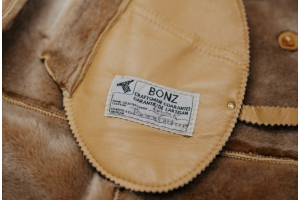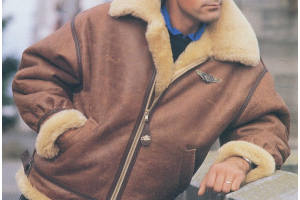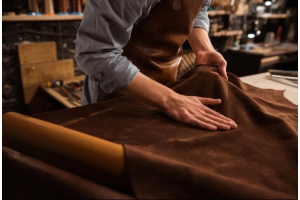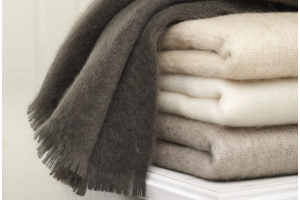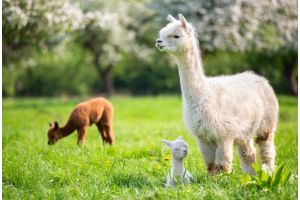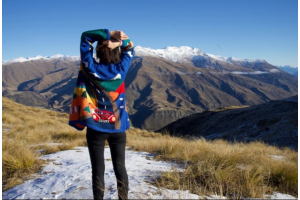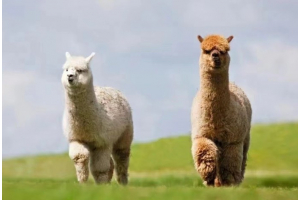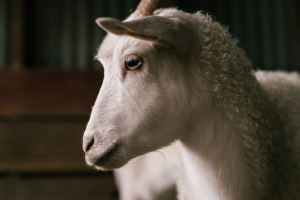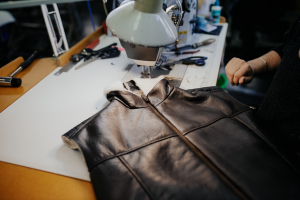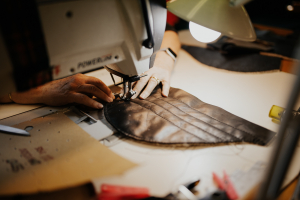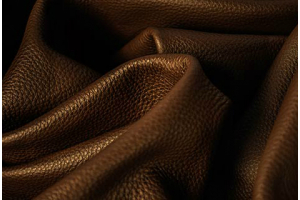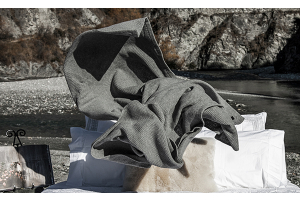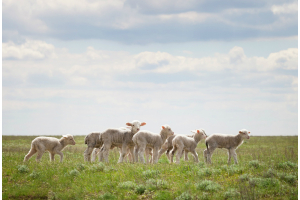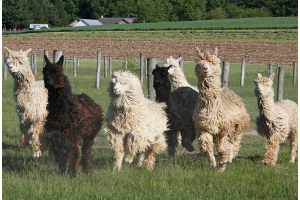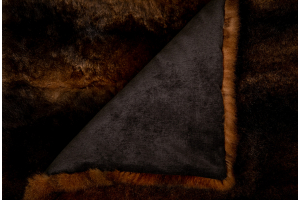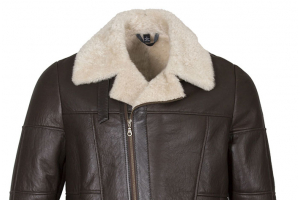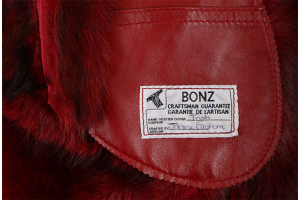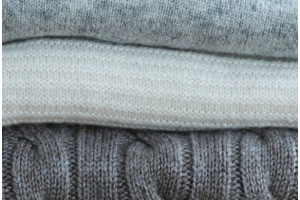We use cookies to ensure that we give the best experience on our website. Click here for more information
The Leather Tanning Process
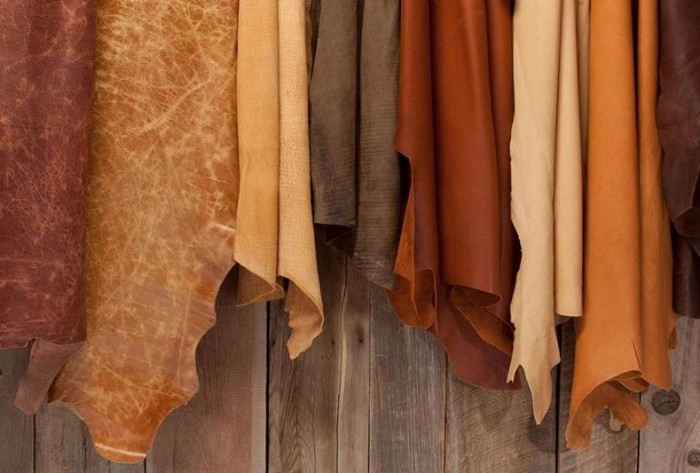
Making leather is a complicated process. The tanning process involves five different stages: Pre-Tanning, Tanning, Selecting, Dressing and Finishing. Each of these processes is complex and requires many steps. Here is an overview of some of the more important points in each step.
Step 1: Pre-Tanning
Soaking
When the leather reaches the tannery, it can be soaked to squeeze out the salt used to preserve the leather. Washing in water to remove impurities and folds from the hides. This is done in a rotating drum that can hold up to 200 hides.
Pressing
The pressing process is to eliminate excess water and stretch the hides.
Splitting
The grain-the outer surface of the hide-is mechanically separated horizontally from the split.
STEP 2: Tanning
This is the process of converting pre-tanned leather into leather.Common tanning methods include mineral tanning, vegetable tanning, synthetic tanning, oil tanning, combination tanning, etc.
STEP 3: Selecting
After the tanning step, excess water is removed from the leather. The leathers are then graded according to the natural characteristics and flaws.At BONZ, each aviator jacket requires an average of 30 lambskins, because each skin is unique, our staff need to sort through 800 skins per batch to find the 30 BONZ jackets hidden in it.
Step 4: Dressing
Leather dressing includes the following steps:
Shaving
The entire surface of the hide acquires a uniform thickness.
Dyeing
The key point in the process, lending the hide softness, colour and stability.
Drying
Removing the water via vacuum suction using special equipment made of steel plates.
Trimming
Cutting, selecting and dividing the hide.
Step 5: Finishing
The purpose of finishing is to improve the overall performance of the leather, and to protect the leather from wetting and soiling, to minimize the appearance of grain blemishes without losing the natural beauty of the leather product. Further modify the surface properties (gloss, shadow, etc.).

